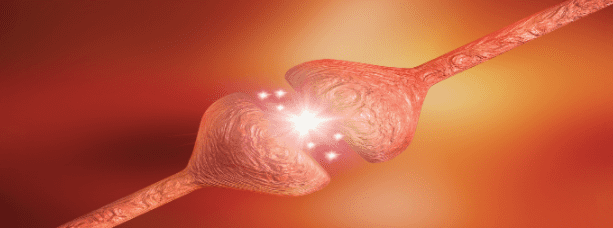Multiple sclerosis (MS) is an autoimmune disease that’s increasing in prevalence over the past few decades. According to the National MS Society, more than one million people live with multiple sclerosis in the United States alone. Globally speaking, MS is diagnosed in around 2.3 million patients, with hundreds of new cases every week. Interestingly, people who live in the Northern or Southern extremes of the planet are at a higher risk to develop MS than their counterparts.
Unfortunately, MS is a chronic, progressive condition with no curative treatment.
Multiple Sclerosis and its Impact on Brain Cells
The pathophysiology of MS is quite complex and involves the auto-destruction of the central nervous system (CNS) tissue by antibodies and immune cells. The main target of the immune reaction is the myelin sheaths found on neurons to facilitate electrical conduction. Unfortunately, those myelin sheaths also provide protection for neurons to maintain their optimal function.
Additionally, the inflammation mediated by the immune system damages the integrity of neurons, leading to the loss of millions of cells that play a crucial role in the function of the CNS. Another frustrating aspect of this malady is the recurrent relapses, where patients experience vision problems, muscular weakness, reduction in mobility, and balance issues even with adequate pharmacological therapy.
Today, there is one treatment option that is considered an alternative option to one’s journey to wellness and improvement of symptoms – stem cell therapy.
Stem cell therapy and Neural Damage
Mesenchymal stem cells (MSCs) have incredible regenerative and repairing properties due to their multipotent characteristic that allows them to differentiate into different body tissues. MSCs can be obtained from adipose tissue, bone marrow, umbilical cord (Wharton’s Jelly), and placenta.
For many years, researchers conducted studies to see if MSCs benefit patients with multiple sclerosis, and many results showed positive benefits.
For instance, in a 2019 study published by Stem Cell Investigation, researchers stated that “Upon intravenous injection, MSCs are able to traffic into the brain lesions and improve the survival rate of brain cells.” Although scientists are still researching the underlying mechanism that led to these results, the positive effects of MSCs are attributed to their regenerative, self-renewal, and immunomodulating properties.
One of the most appealing type of stem cell therapy is the umbilical cord-extracted MSCs because of the site’s accessibility, their potentcy, and the absence of any ethical issues. Overall, the scientific community believes that MSCs have great potential in the treatment of Multiple Sclerosis and other neurodegenerative conditions.
Stem cell therapy research has increased over the past few years and is making impacts in the history of medicine and biology. The regenerative properties of these cells has opened a new chapter in the management of conditions and their symptoms that can impact a person’s day to day life. Contact us today for a free consultation.


 St. Petersburg, Florida
St. Petersburg, Florida
